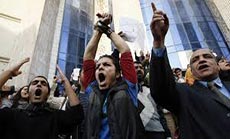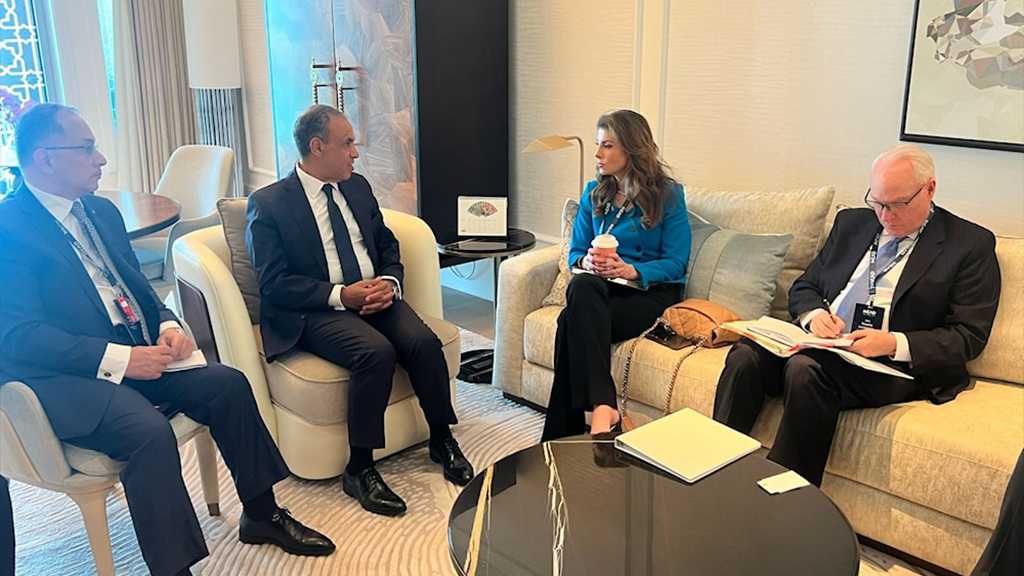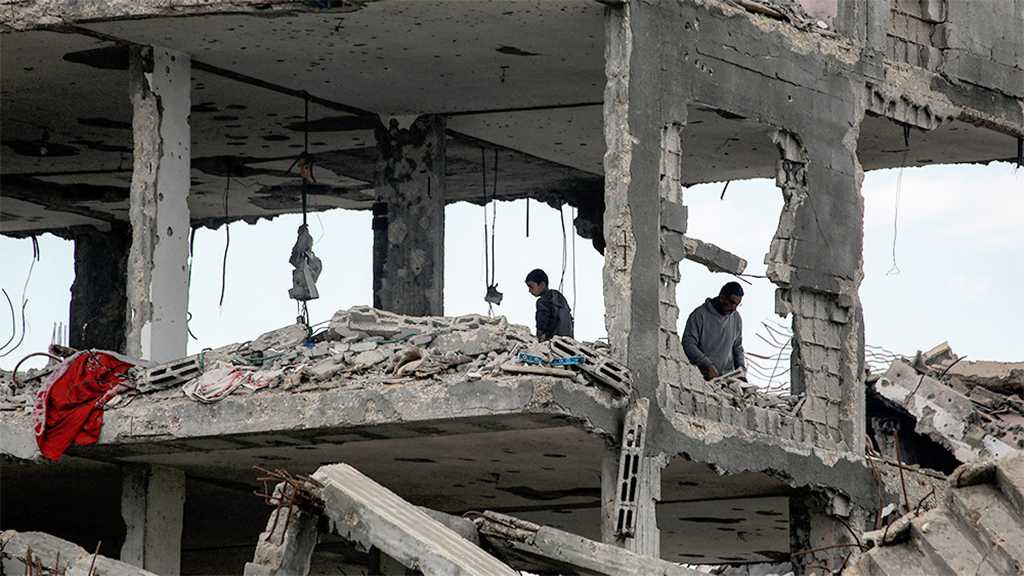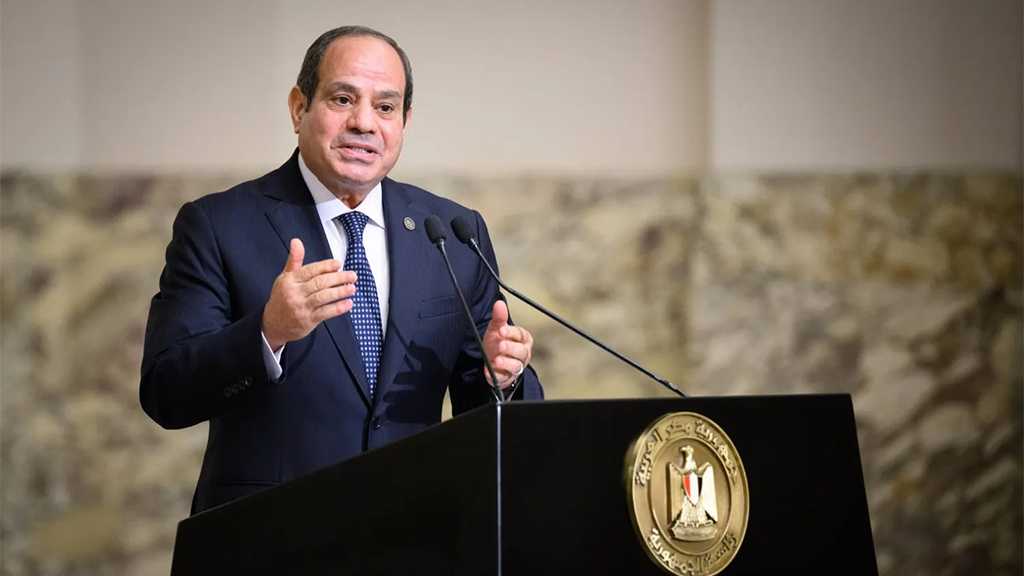New Law in Egypt Bans Street Protests

Local Editor
Egypt's government has issued a law that all but bans street protests by applying jail time or heavy fines to the public demonstrations that have felled the last two presidents and regularly roiled the capital.
 The new law, promulgated on Sunday, is the latest evidence of a return to authoritarianism in the aftermath of the military takeover that removed President Mohamed Mursi of the Muslim Brotherhood in July.
The new law, promulgated on Sunday, is the latest evidence of a return to authoritarianism in the aftermath of the military takeover that removed President Mohamed Mursi of the Muslim Brotherhood in July.
It criminalizes the kind of free assembly and public expression. And the relatively muted outcry against the law, mainly from human rights advocates, demonstrated how far public sentiment has swung.
Rights activists said the new law appeared even stricter than those in place under Mubarak. It effectively replaces a three-month "state of emergency" declared in August. The state of emergency - which suspended protections against police abuse - expired last weekend, but the new protest law now grants the police other added powers that they could use to squelch any attempt to mobilize.
Hazem al-Beblawi, the prime minister, said in a television interview that the law did not ban protests but merely regulated them.
"The starting point for this law is that the right to protest is a human right and must be given full care and attention," he said. "It is just that practicing this right must be met with a sense of responsibility so it won't damage security or terrorize or assault establishments."
Asked about those who failed to seek permission for their protests - like the Brotherhood who consider the current government illegal -Beblawi said: "Like a man who kills or another who deals in drugs, all those commit violations, and as soon as they commit such violations, if arrested, they will be put to trial and punished."
The new law effectively bans any public gathering of more than 10 people without government approval. It requires notification of the authorities three days in advance. It specifically bans all demonstrations at places of worship. Organizers across the political spectrum have customarily used Friday Prayer at mosques - the main community meeting place - as the starting points for marches and protests.
The law also gives security agencies like the secret police the right to prohibit any public gatherings, demonstrations or meetings - including political campaign events - if deemed a threat to public order. Citizens have the right to appeal to a court, but there is no deadline for a ruling. In Egypt such a decision could easily take months, until after an issue or election has passed.
The law requires that police officers dispersing any public gathering must escalate their use of force gradually, beginning with verbal warnings, followed by nonlethal measures like water cannons, tear gas and clubs, and ultimately including birdshot. If protesters resist, the police must use only proportionate force.
Among other penalties, the law imposes a seven-year imprisonment for the use of violence in a protest, one year for covering the face during a protest, and one year for protesting outside a mosque or place of worship. Anyone attending an unauthorized demonstration can be fined $1,500, a sum equal to months of pay for many Egyptians.
Activists with the April 6 group said they had applied on Monday for permission to hold a protest against the new law, a first test of its application.
Source: News agencies, Edited by website team
- Related News




